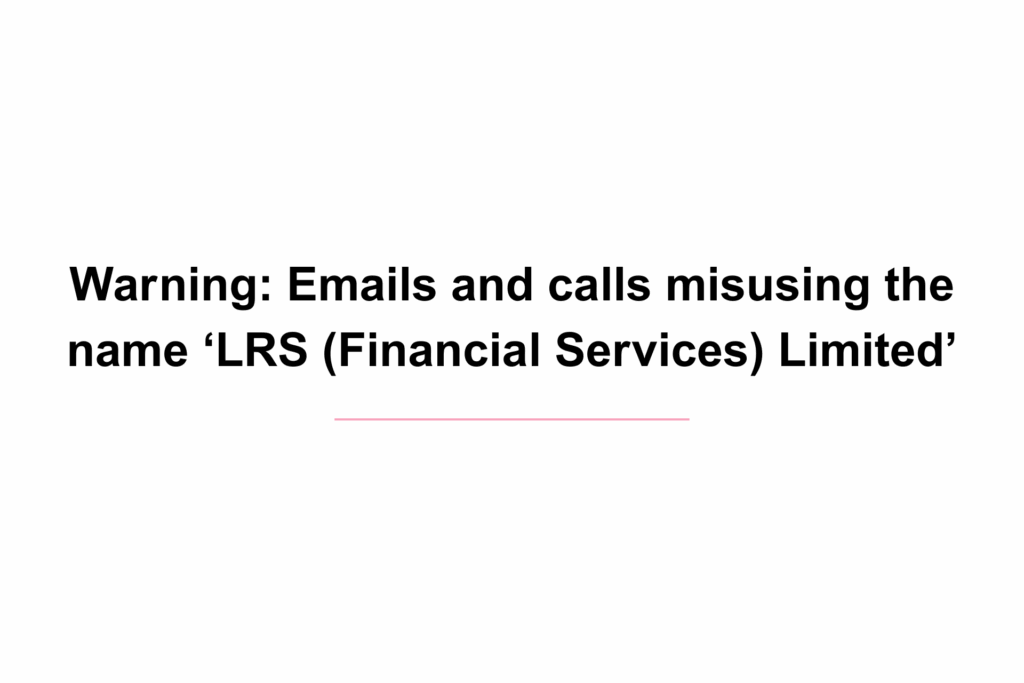Anna Turnell, senior associate in our Real Estate group, investigates whether the many variables involved mean that trying to find a “perfect investment lease” is actually achievable, or if we’re building castles in the sand.

To work out whether the perfect investment lease exists, we must first consider what it is that investor landlords are looking for. For this article, we will take a lease of the whole of a unit on a typical retail or industrial estate, for a 10-year term with a tenant break and rent review at year five, as an example.
For a landlord to maintain the value of its investment, a fully repairing and insuring lease is key. It will want the best market rent achievable and all liabilities covered. But is this truly possible? To answer this, we need to examine some of the key clauses in a lease.
The repairing covenant
Ideally, a landlord wants the tenant to be responsible for putting and keeping the internal and external repair of the unit in good condition. This will ultimately protect the landlord’s investment from being devalued. But the reality is that some exclusions to the repairing obligation are usually agreed.
As well as excluding insured and uninsured damage from the tenant’s liability, it’s often necessary to consider whether inherent defects might be relevant if the property is relatively newly constructed and/or limiting liability to a schedule of condition if it is an older building or there are obvious items of disrepair.
If the property is new or recently built, tenants will usually request direct warranties from the building contractor and sub-contractors, so that they have a direct recourse to them if there is damage caused by an inherent defect. If warranties aren’t available, then tenants will look to exclude inherent defects from the repairing obligation, leaving the landlord with a potential liability. However, the landlord will seek to recover these costs somehow – likely through the service charge. This often leads to an impasse between the parties the outcome of which depends on the relative bargaining strengths of the parties.
The repairing covenant of a lease will also differ depending on the age of the building. A tenant taking on an older building will likely want to limit its obligation to a schedule of condition (which details the items of disrepair with photos and descriptions). This means the landlord would not get the premises back in any better condition than at the time it was let, thereby still leaving the landlord with some residual liability.
Insurance
Landlords will need to put a comprehensive insurance policy in place to cover the estate. They will also want to recover the gross cost of the premium from their tenants in appropriate proportions.
Additionally, landlords will likely not want anything in the lease which obliges them to take the cheapest insurance on the market. Discretion to choose is more appealing; they will often have other properties in their portfolio, all covered by the same insurance policy.
It is important for landlords to ensure that their insurance policy covers loss of rent for at least a 3 year period. Following damage by an insured risk, which causes the property to be unfit for use and occupation, tenants will expect rent and service charge to be suspended until the damage is repaired. If a landlord does not repair the damage by the end of (usually) a 3-year period after damage, then the tenant will want to be able to terminate the lease on notice.
If the damage is caused by an uninsured risk, a tenant will want the same provisions to apply but it is important for the landlord to be able to choose whether or not it repairs the damage, as the landlord will need to cover these costs itself. If it decides not to repair the damage it needs to ability to serve notice on the tenant to end the lease. If it decides to repair the damage then the lease will continue but the tenant will still want the rent and service charge suspension to apply and a get-out clause if the damage hasn’t been repaired after a 3 year period.
Landlords would of course rather resist retaining liability for uninsured damage – after all, we are considering a full repairing and insuring lease – but it is becoming increasingly commonplace for this to be the case.
Service charge
In this instance, we are referring to an estate service charge, covering elements such as the upkeep of private roads, security cameras, access barriers, gritting, car park maintenance, maintenance of landscaped areas, and pest control.
Landlords will want to recover full costs of the services from the tenants in relevant proportions (based on square footage). An investor landlord would want a consistent service charge across the estate and to ensure that there are no ‘holes’ in the service charge for costs to fall through. A general sweeper-up clause would therefore be preferable to catch any such costs.
EPC
The requirement to provide energy efficient buildings is becoming ever more important. From 1 April 2023 (under the MEES Regs 2015, SI 2015/962 ) landlords cannot continue letting a commercial property if it has an F or G rating. Therefore, it is vital for a) the landlord to have the ability in the lease to carry out works to improve the EPC rating, and b) for tenants not to be able to carry out works that adversely affect the EPC rating of the unit.
But who is responsible for the costs of improving an EPC rating? The landlord is under a legislative obligation under the MEES Regs, not the tenant. However, we are increasingly seeing provisions whereby tenants are expressly excluding any liability to carry out works to improve the EPC rating or indeed to pay for them through the service charge. Landlord and tenants meeting joint cost could be a compromise, but tenants are unlikely to agree as this could happen near the end of their lease term when they wouldn’t benefit from such works.
Break clauses
A break clause of course affects the value of a landlord’s investment. A 10-year lease with a break at five years is generally the norm. Break conditions shouldn’t be overly restrictive so as to prevent a break being effective.
The Lease Code 2020 states that the only preconditions should be that the tenant is up to date with the main rent, occupation is given up, there are no continuing subleases, and the tenant must not leave behind any other occupiers. Anything else is deemed too restrictive and could also have a knock-on effect at rent review.
Rent review
A landlord will want to ensure that they maintain the value of their investment by having an upwards only open market rent review. It is still usual to see open market rent reviews with standard assumptions and disregards, but there have recently been more rent reviews that are linked to RPI/CPI and stepped rents. When negotiating other lease terms, such as repair, alienation, user clauses, or break clauses, provisions that are too strict can have a negative impact on an open market rent review. A balanced lease is always therefore preferable.
Yield up
When negotiating the lease, we must always keep in mind what happens at the end of a lease term. Though in some circumstances it might be beneficial to keep some of the tenant’s alterations, landlords will generally want to ensure tenants remove all alterations, fixtures and fittings and yield up with vacant possession, so they get their premises back in a good state of repair and in the same condition as they were prior to the letting.
So, does the perfect lease exist?
When you consider all these complex factors, we think it’s safe to say that there is no such thing as a perfect lease! It varies depending on the type of commercial property, the age of the property, the length of the term and of course the bargaining strengths of the parties – not forgetting the quality of their surveyors and solicitors.
Expert legal advice
With extensive experience on matters such as lease renewals, licences, surrenders and wayleaves, Lodders’ award-winning Real Estate group brings city expertise and impeccable client service.
If you would like to discuss a matter or require advice, please contact Anna Turnell or another member of our Real Estate team.
Lodders Life
Anna Turnell discussed investment leases at Lodders inaugural Business Property Seminar. Read the full event report in Issue 8 of our magazine, Lodders Life, here.
Contact usAnna is a senior associate in the Real Estate group.
She specialises in commercial property and acts for investor clients in connection with their acquisitions and disposals.

Read more
Other news, insights and events







